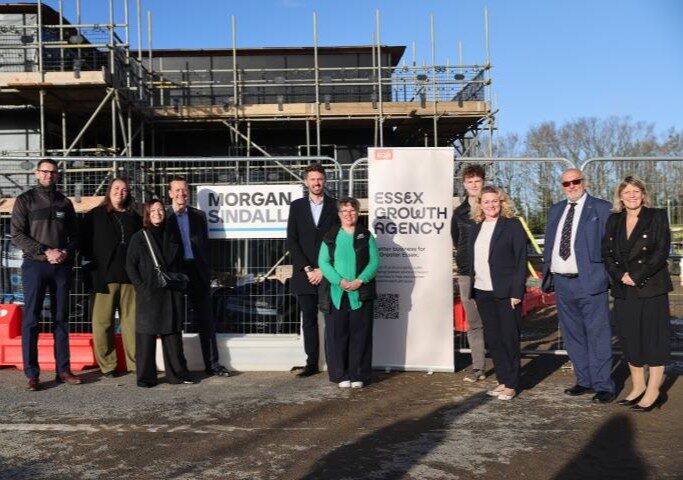A survey by the British Medical Association (BMA) in Wales has revealed alarming concerns among the nation’s resident doctors, with 40% fearing they will be unemployed from August 2025 due to a lack of training opportunities.
The survey focused on doctors who have completed at least two years of foundation training – an early stage in a medical career following graduation.
Of those currently facing unemployment, more than half (53%) were unsuccessful in securing a place on a specialty training programme this year.
This leaves many doctors without stable employment options and at risk of relying on short-term, insecure locum work.
Specialty training, which starts each August, is a critical pathway for doctors to develop expertise in specific fields of medicine.
Without access to this next stage, career progression stalls, and Wales risks losing a cohort of trained medics.
A significant 82% of respondents to the survey said they either currently have concerns about unemployment from this August or had such concerns before eventually securing a job.
The BMA says this points to a deepening crisis in workforce planning and retention across the NHS in Wales.
In the absence of training posts, many doctors are turning to temporary locum work.
The survey found that 63% of those without a training placement plan to take up such roles.
However, BMA Cymru Wales has criticised the sustainability of this solution, describing the locum system as “costly, unsustainable, and becoming rarer,” particularly in general practice where underinvestment means many employers can no longer afford to hire locums.
The pressures are taking a heavy toll. Almost half (46%) of the doctors facing unemployment say they are considering leaving medicine entirely, while 30% are actively applying for jobs abroad.
Some respondents reported applying for as many as 30 posts without receiving a single offer.
This growing employment crisis comes amid long-standing warnings from the BMA, which earlier this year criticised the Welsh Government for failing to act on advice from Health Education and Improvement Wales (HEIW) to increase the number of specialty training places.
Despite a rising number of medical graduates in Wales – including the first cohort from the new North Wales medical school – the Government has yet to expand the capacity for these doctors to train and stay in Wales.
The BMA’s Save Our Surgeries campaign has also highlighted the urgent need for investment in general practice to support the training and recruitment of newly qualified GPs, especially as the healthcare system struggles with demand and staffing shortfalls.
Dr Oba Babs-Osibodu, chair of the BMA’s Welsh resident doctor committee, said: “At a time when Wales needs more doctors, there are limited opportunities for resident doctors to develop their careers in the country where they trained.
“Earlier this year, we wrote to the Cabinet Secretary for Health and Social Care warning him of the potential impact of not expanding training places, including medical unemployment.
“Doctors are now forced to seek ad hoc locum work, leave Wales, or leave the profession altogether. Poor workforce planning and chronic underfunding of the NHS has led to a national shortage of doctors in Wales.”
He added: “This is unsafe for patients, and we need to see urgent intervention from the Welsh Government, including legislation to provide safer staffing levels and an expansion in specialty training places.
“By alleviating bottlenecks in the training pipeline, we can enable doctors to progress their careers and provide the specialist care that patients desperately need.”

















